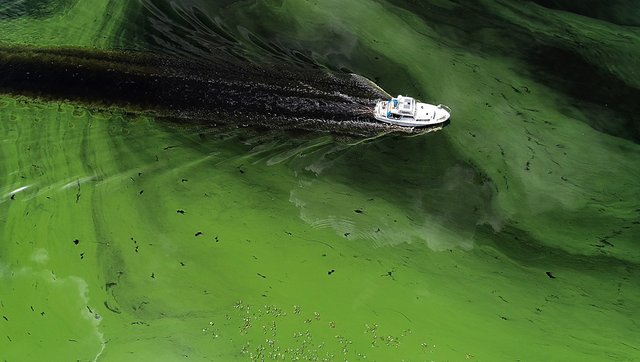HOW MUCH OF EARTH’S OXYGEN COMES FROM THE OCEAN??
Oceans provide between 50 and 80 percent of the oxygen produced on Earth, according to scientists. The majority of this output comes from oceanic plankton, which includes drifting plants, algae, and some photosynthetic bacteria. Prochlorococcus, for example, is the tiniest photosynthetic creature on the planet. This tiny microbe, on the other hand, provides up to 20% of the oxygen in our entire biosphere. That's more than all of the tropical rainforests on land put together.
Because the levels of oxygen produced in the ocean are continually fluctuating, calculating the exact proportion is difficult. Satellite imaging can help scientists follow photosynthesizing plankton and estimate the quantity of photosynthesis taking place in the ocean, but it can't give the whole storey. Seasonally, and in reaction to changes in the water's nutrient load, temperature, and other factors, the number of plankton changes. According to studies, the amount of oxygen in specific regions fluctuates depending on the time of day and the tides.
It's vital to remember that, while the ocean produces at least half of the oxygen on the planet, marine life consumes nearly the same amount. Marine species, like land creatures, breathe oxygen, while plants and animals both use oxygen for cellular respiration. When dead plants and animals degrade in the water, oxygen is absorbed as well.
When algal blooms die, the decomposition process consumes oxygen quicker than it can be replaced, which is particularly hazardous. This can result in hypoxia, or places with extremely low oxygen concentrations. Because the oxygen levels are too low to support most marine life, these places are referred to as "dead zones." The National Centers for Coastal Ocean Science of NOAA perform substantial research and forecasts on algal blooms and hypoxia in order to reduce the harm caused to the ocean ecosystem and human environment.
REFERENCES:
https://www.rd.com/list/ocean-mysteries/ https://www.marineinsight.com/environment/top-10-amazing-ocean-mysteries-and-phenomena/DONT FORGET TO UPVOTE, RESTEEM. FOLLOW FOR MORE SUCH ARTICLES :-)


Nice to read your post .
You have added correct reference link of your post information .
Keep posting and stay with our community .
Thank you